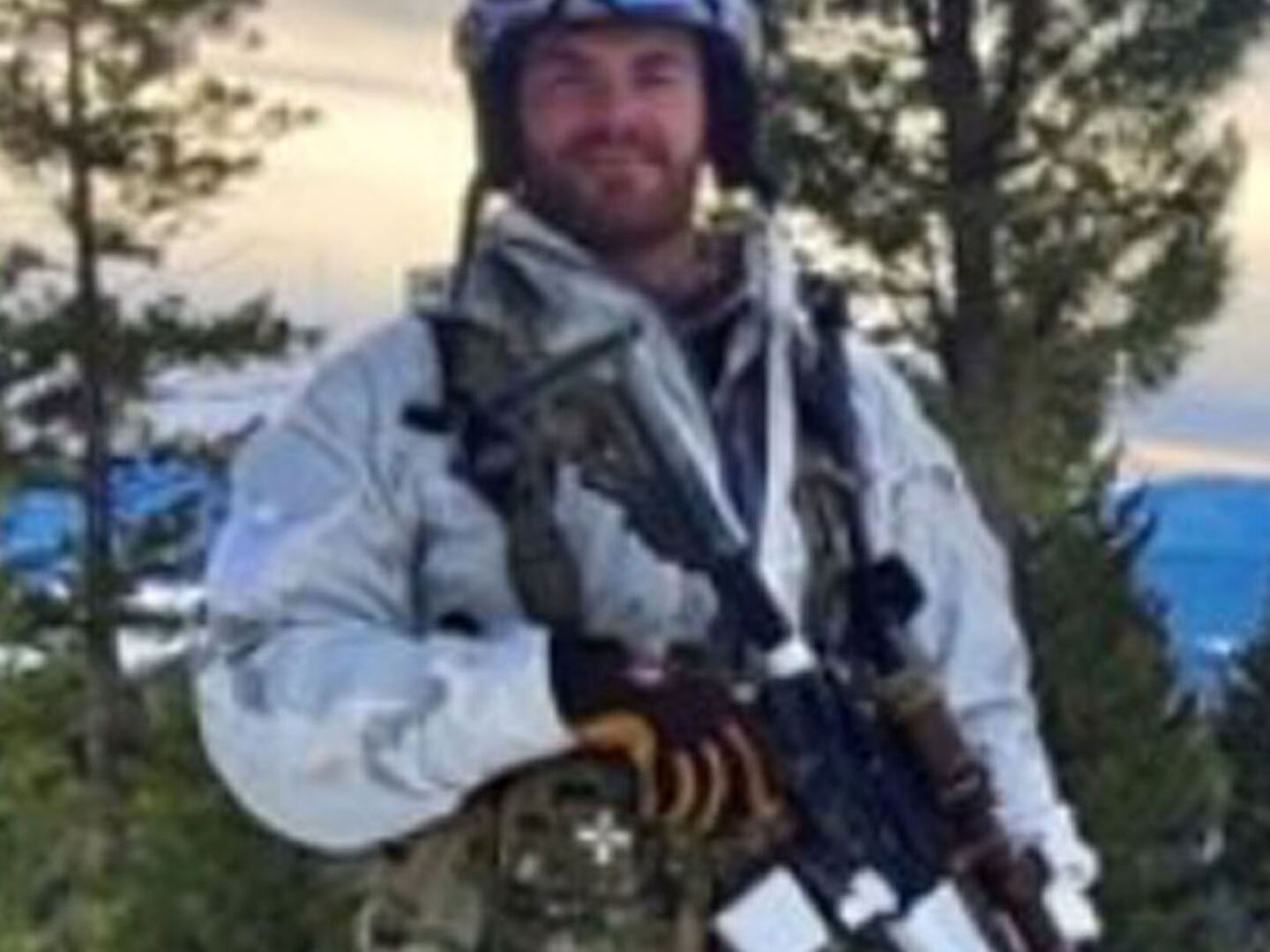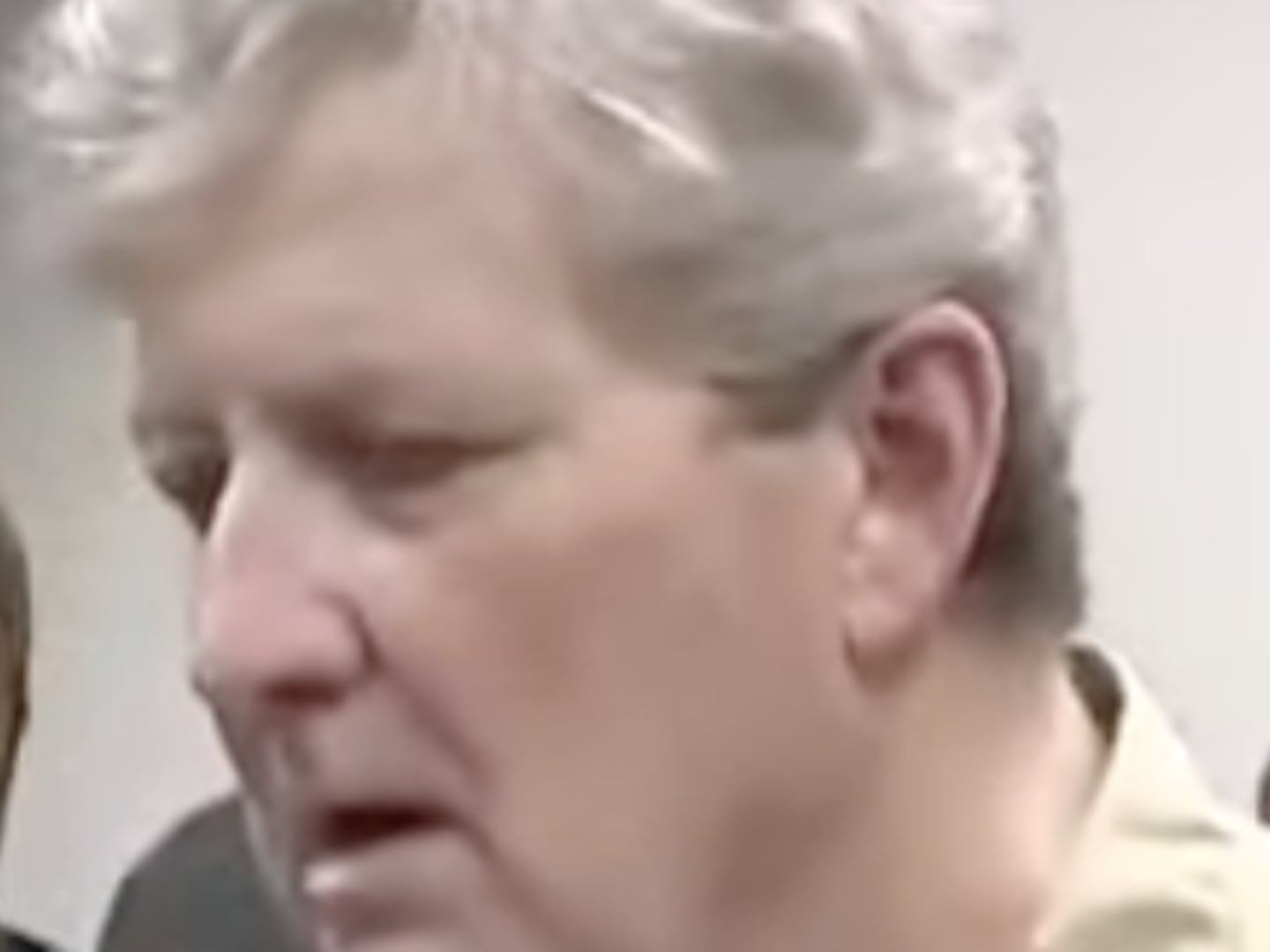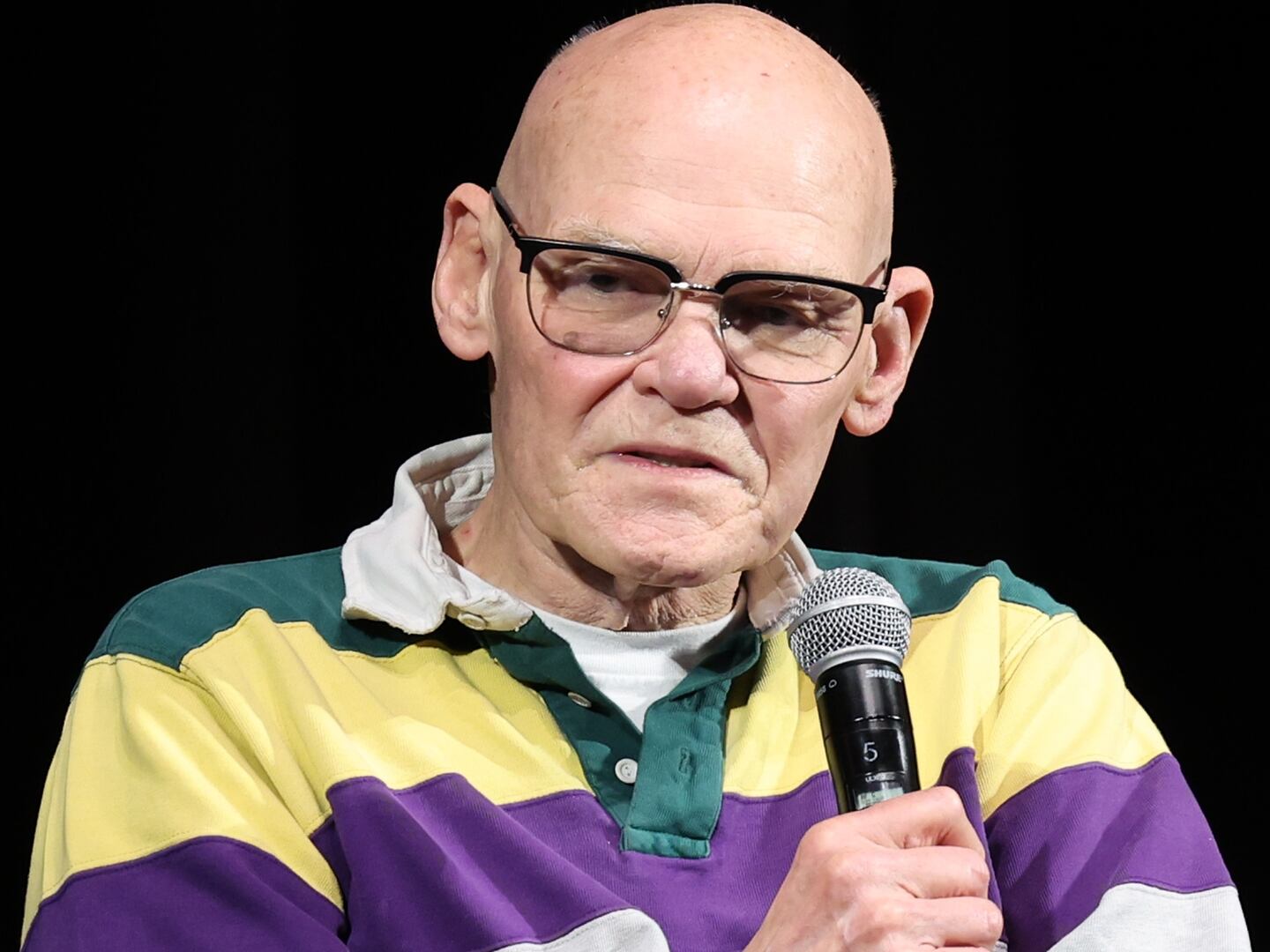Politics
Photo Illustration by Lyne Lucien/The Daily Beast
Ivanka Trump’s White House Bind
Conflicts Galore
How can Donald Trump’s favorite child advise her father, protect her personal brand, and keep the United States from looking like a banana republic?

Trending Now





